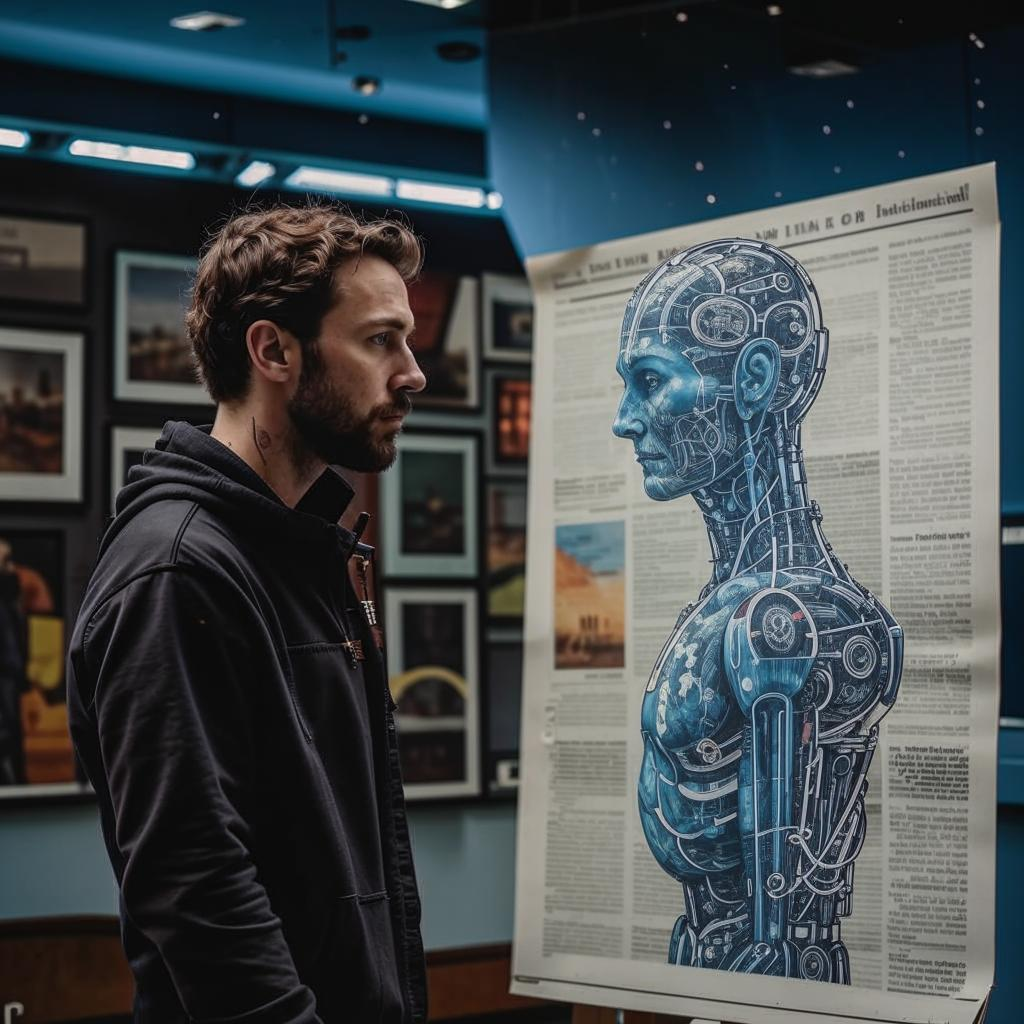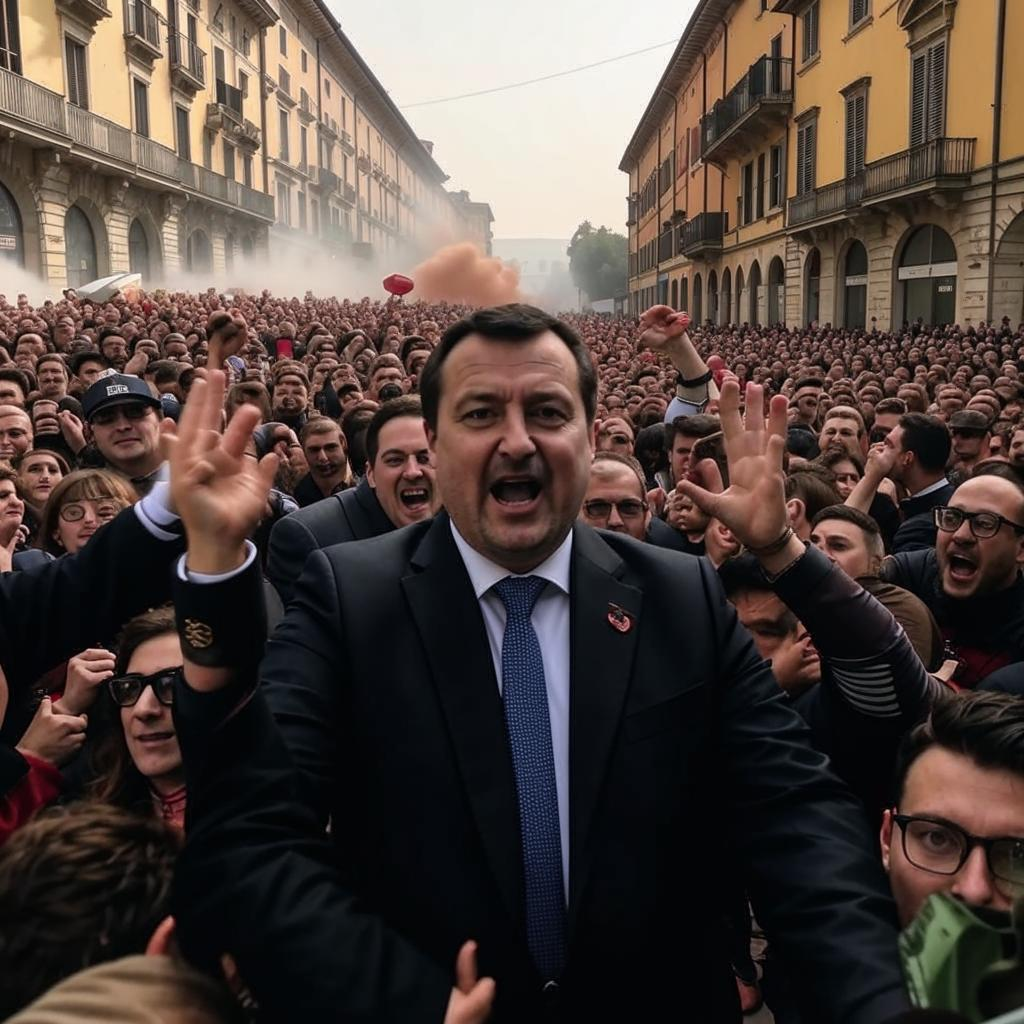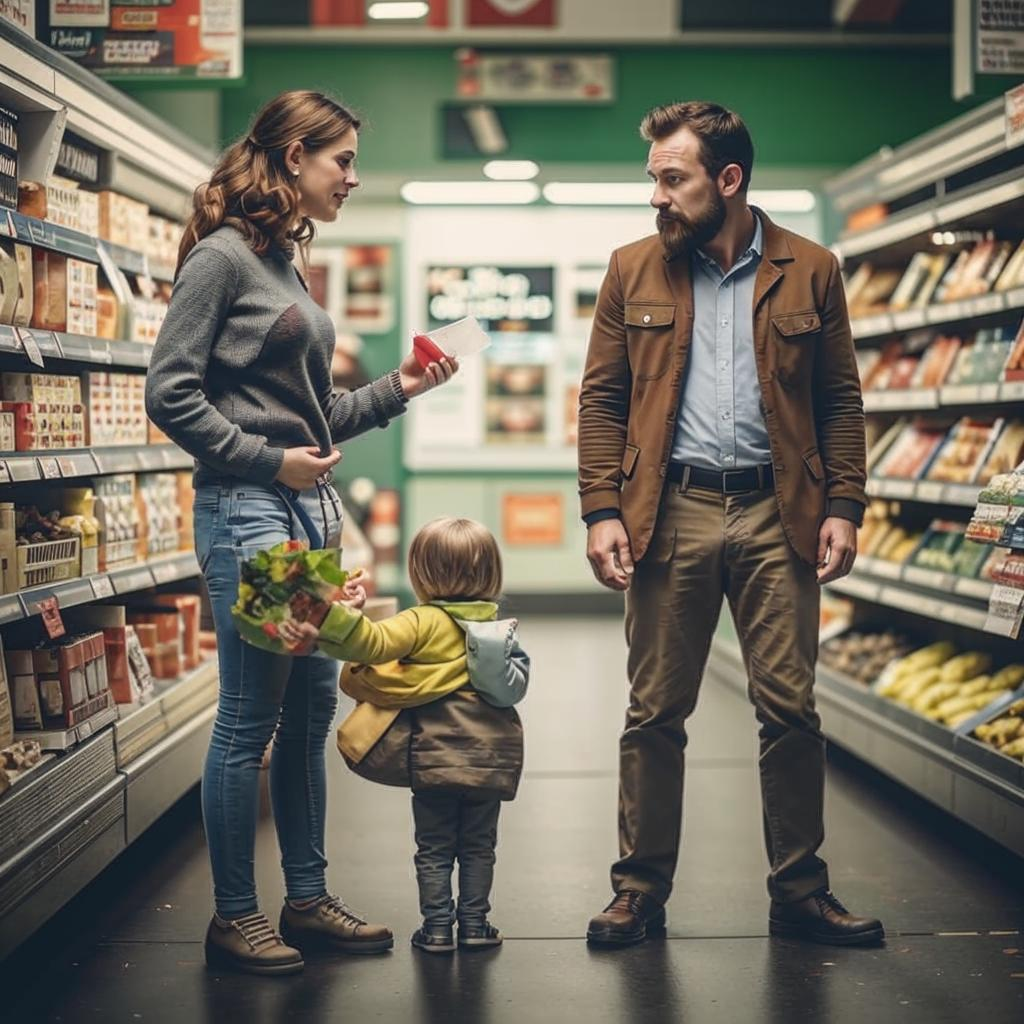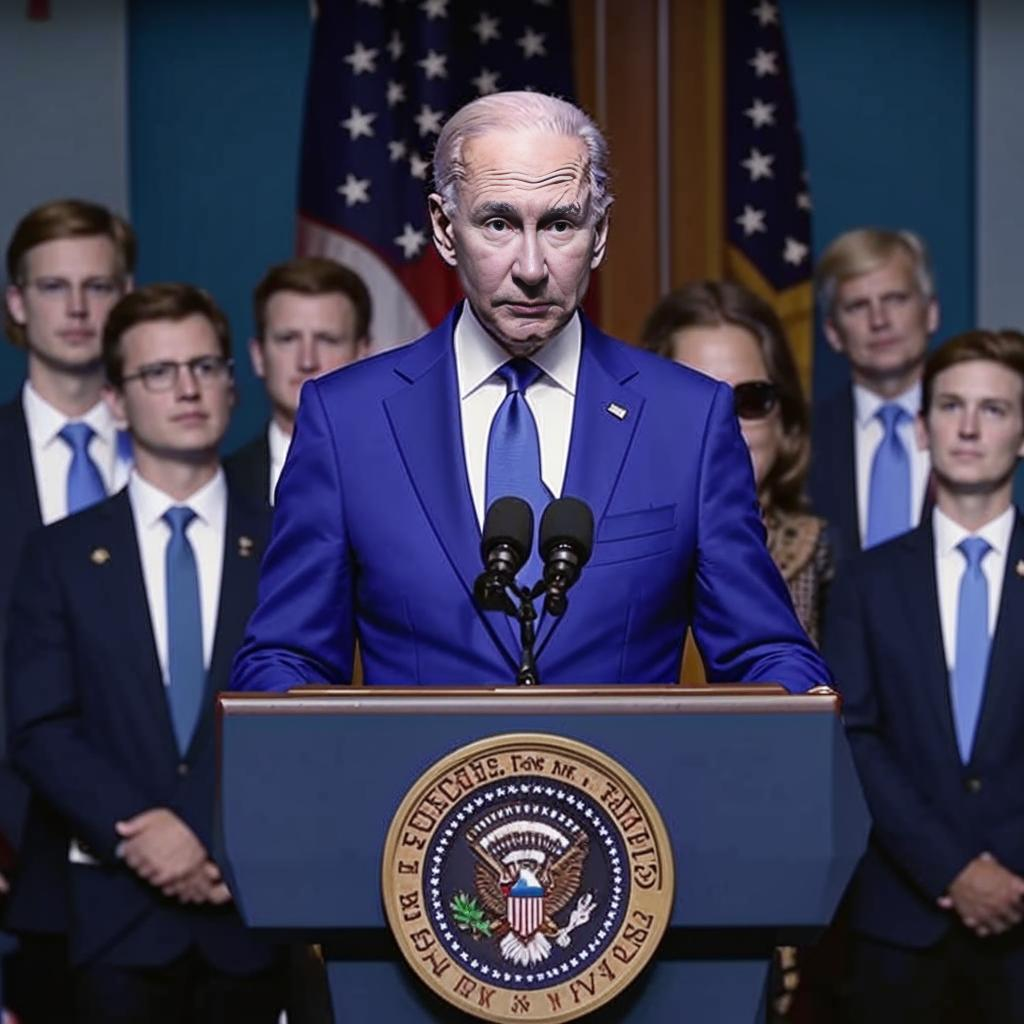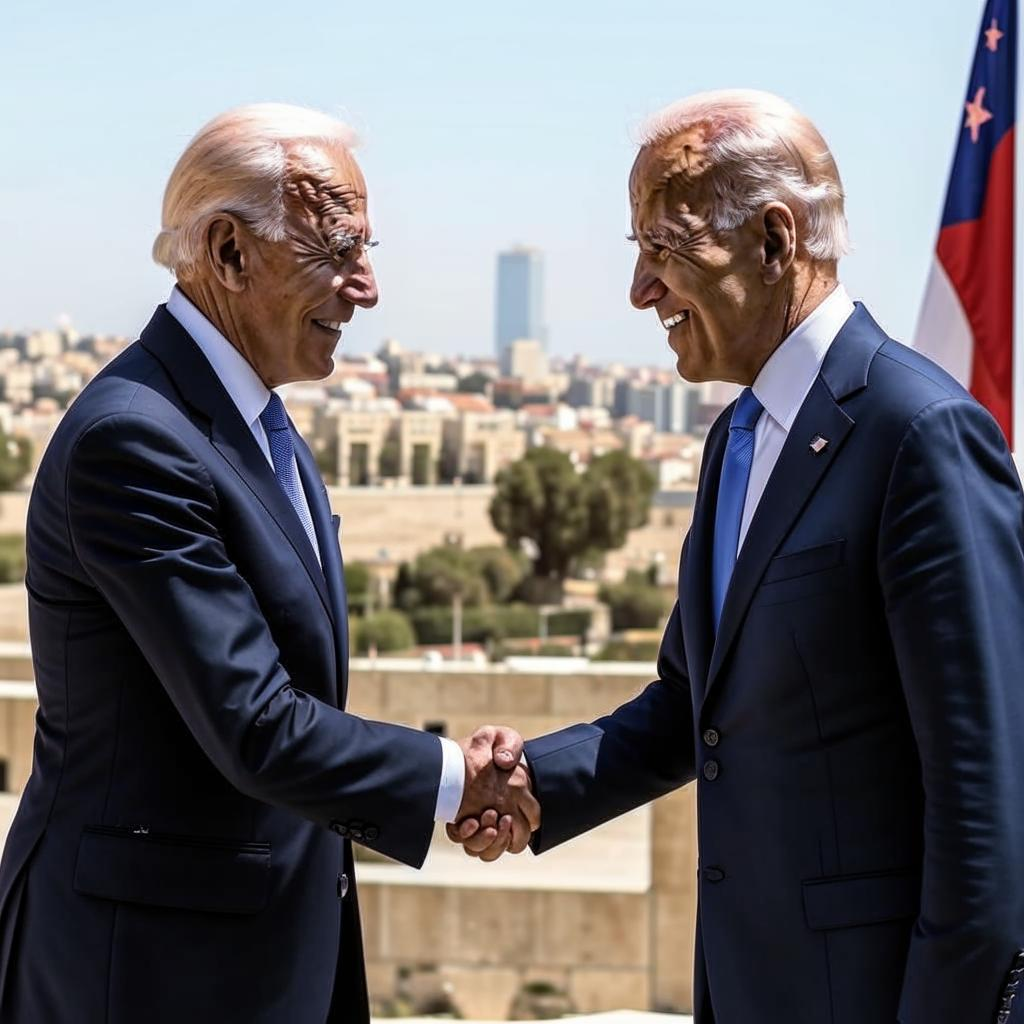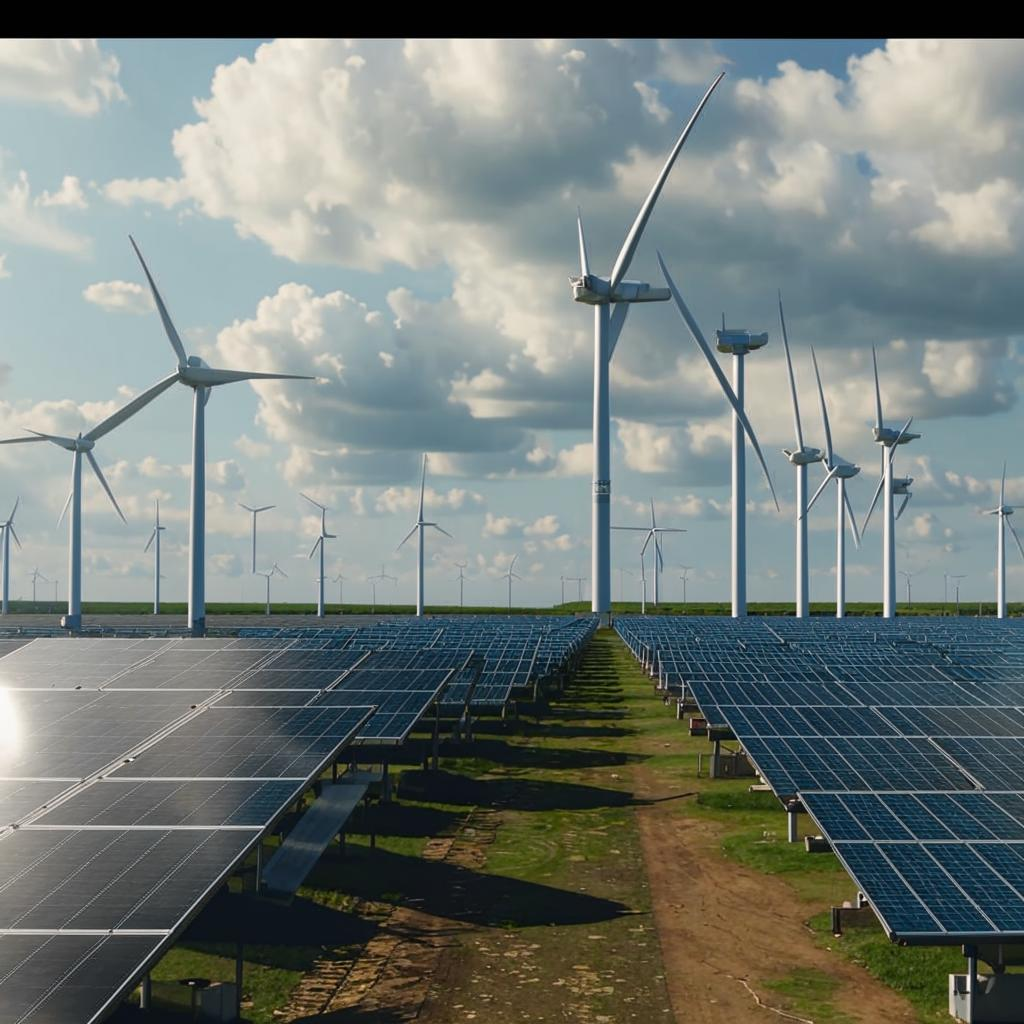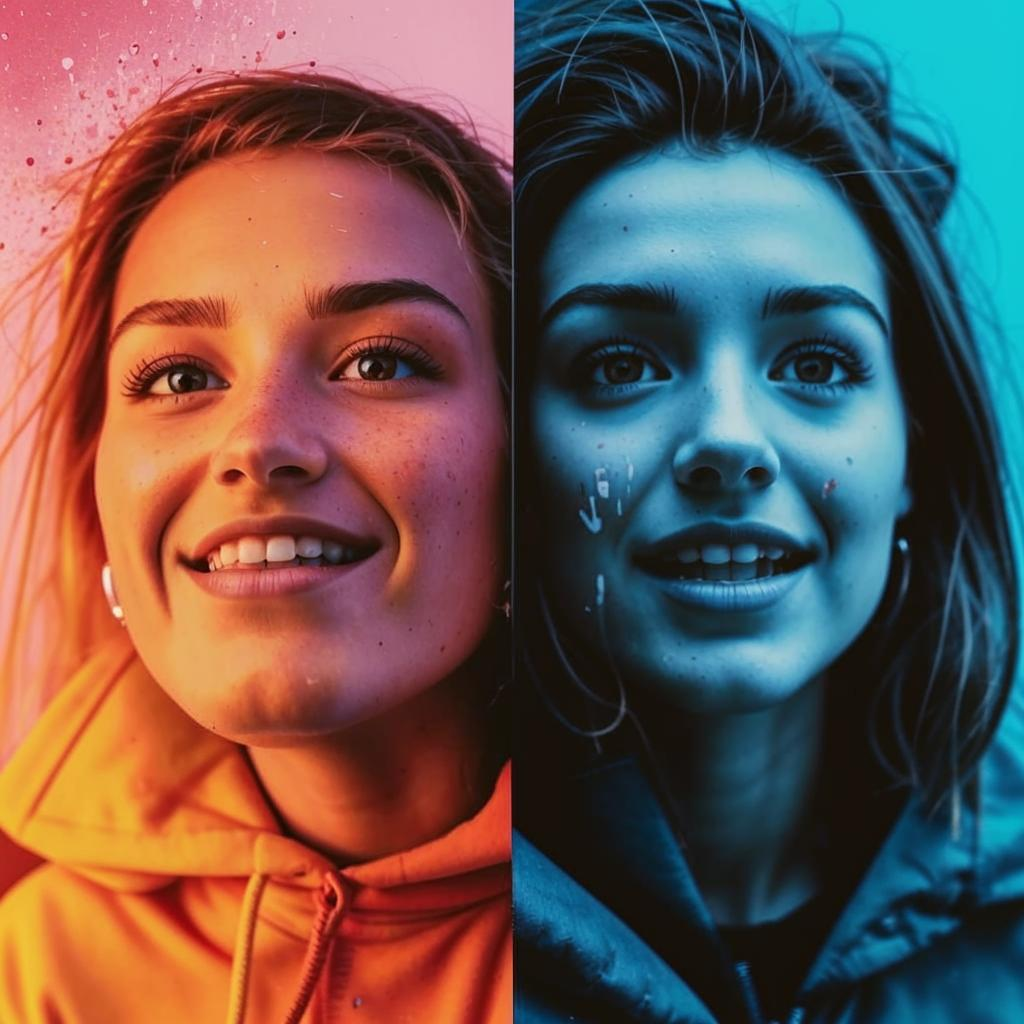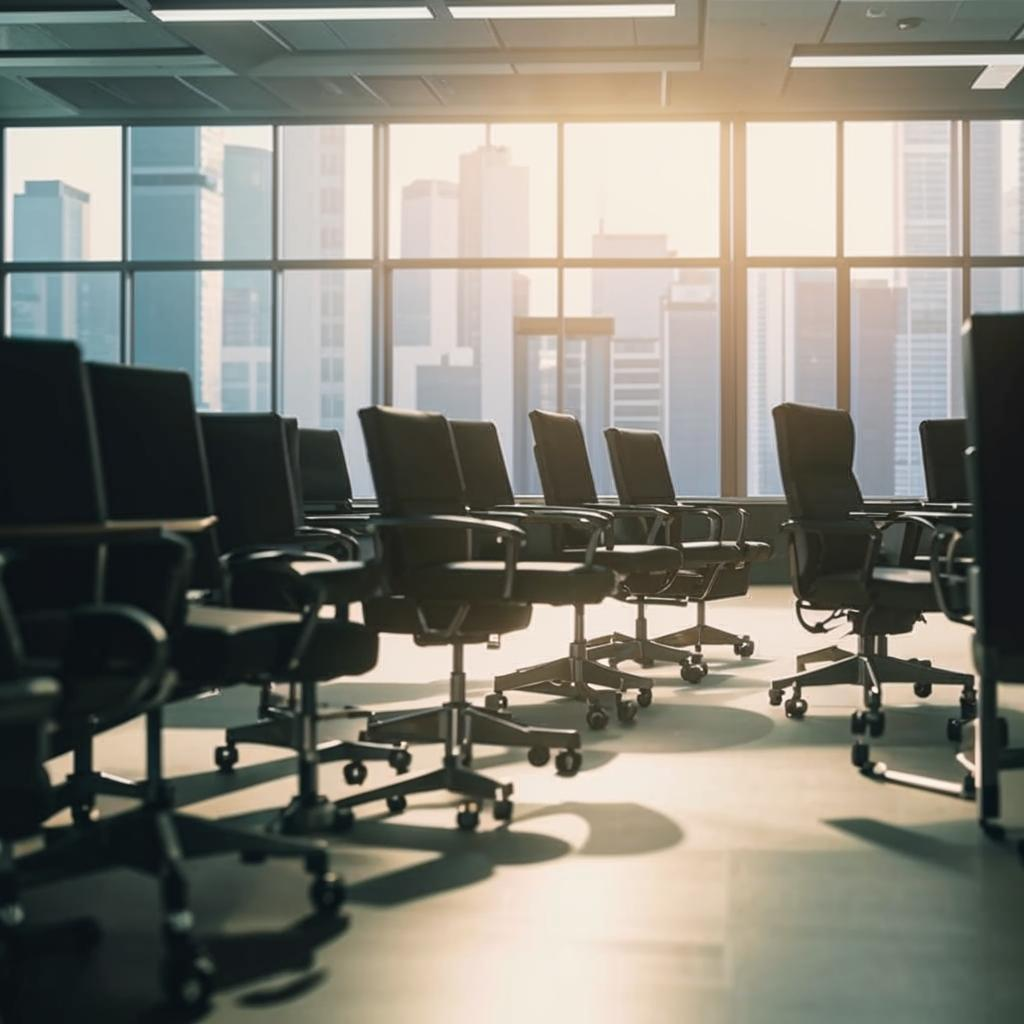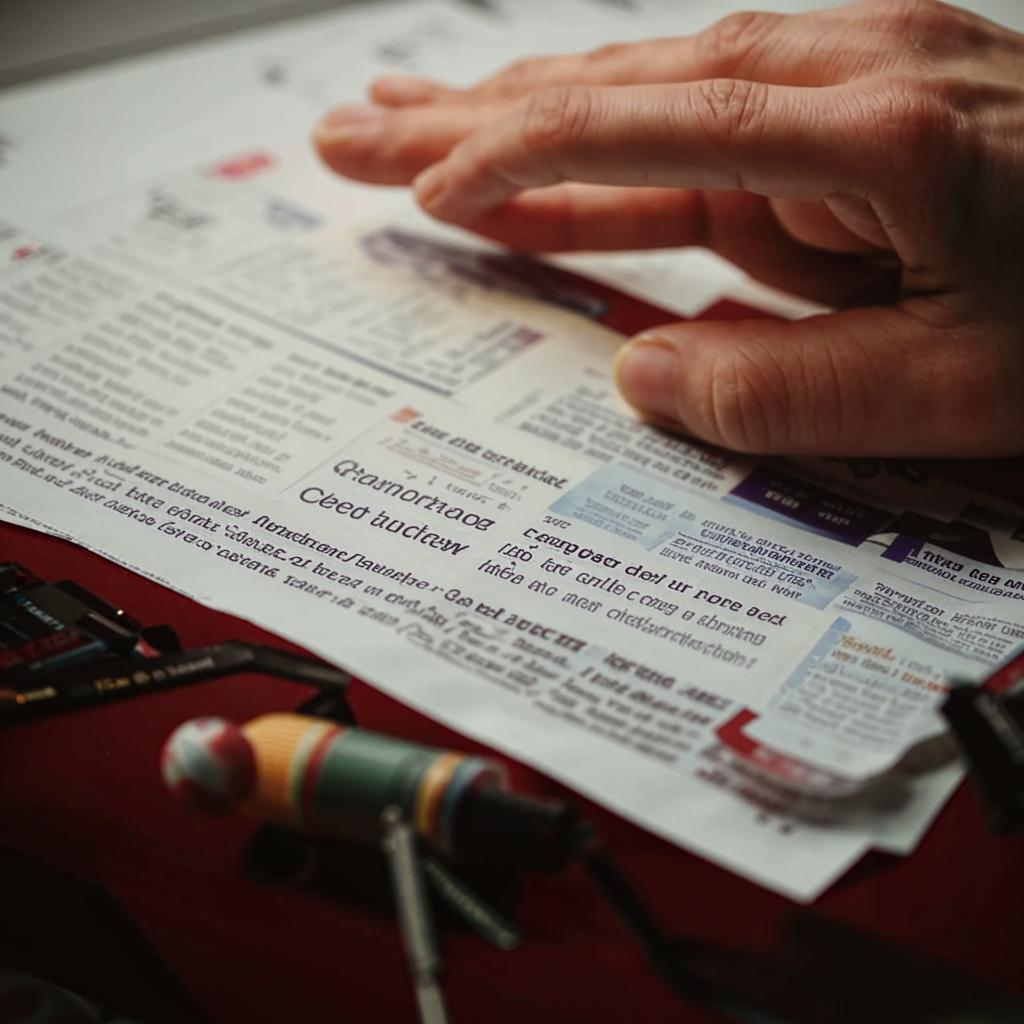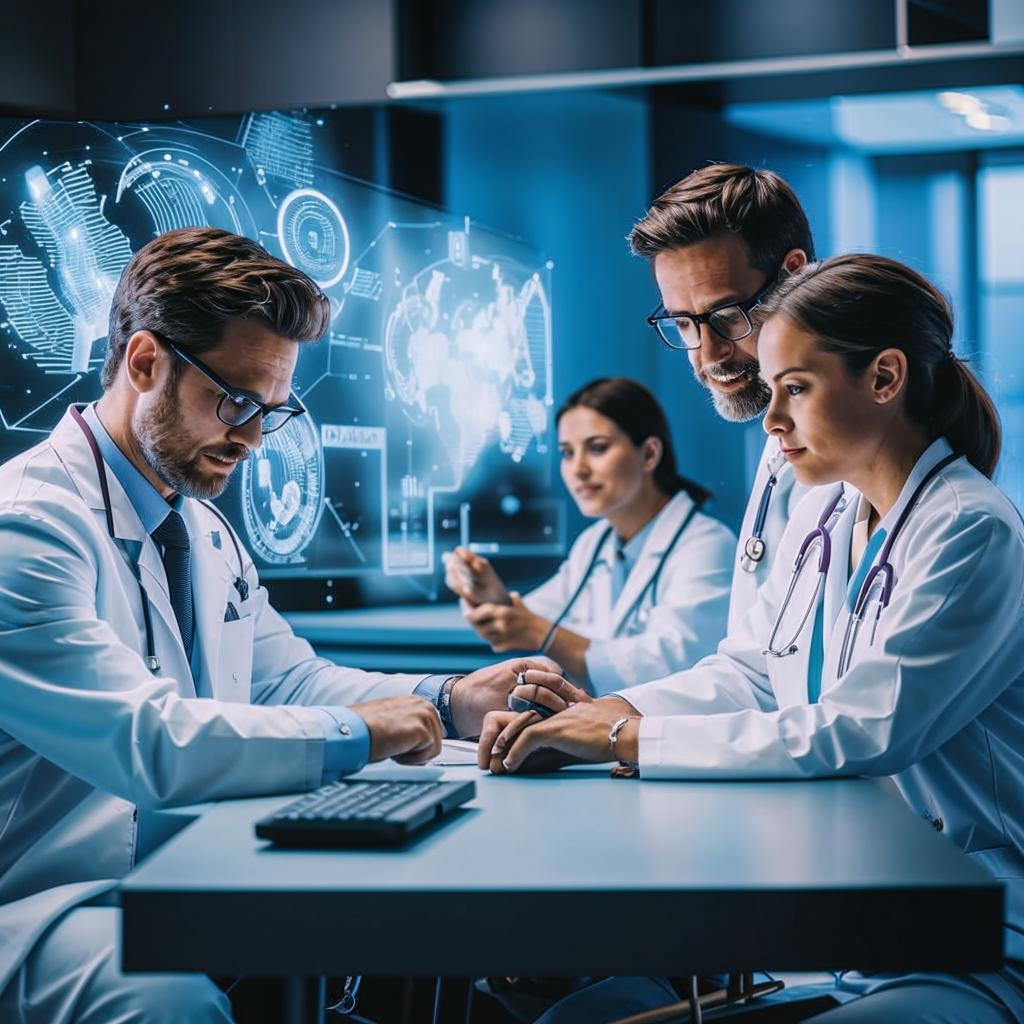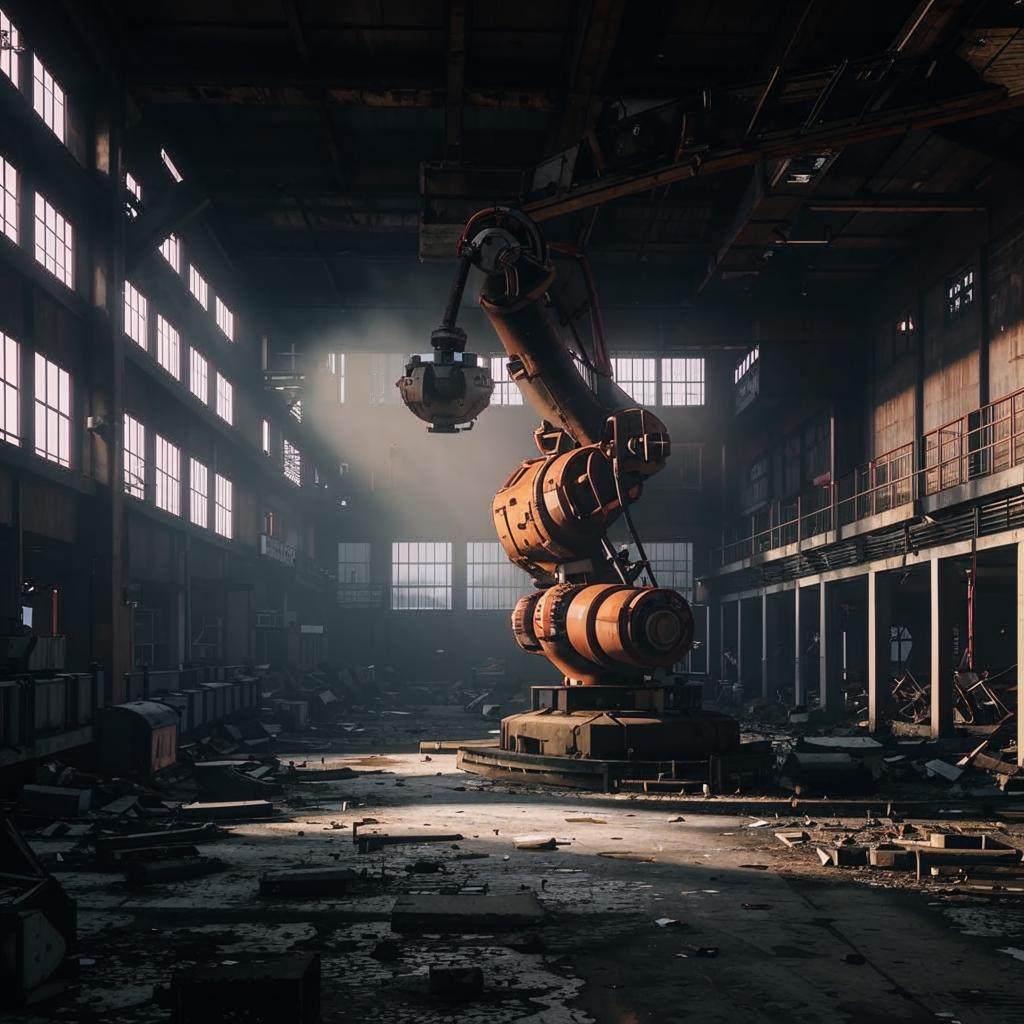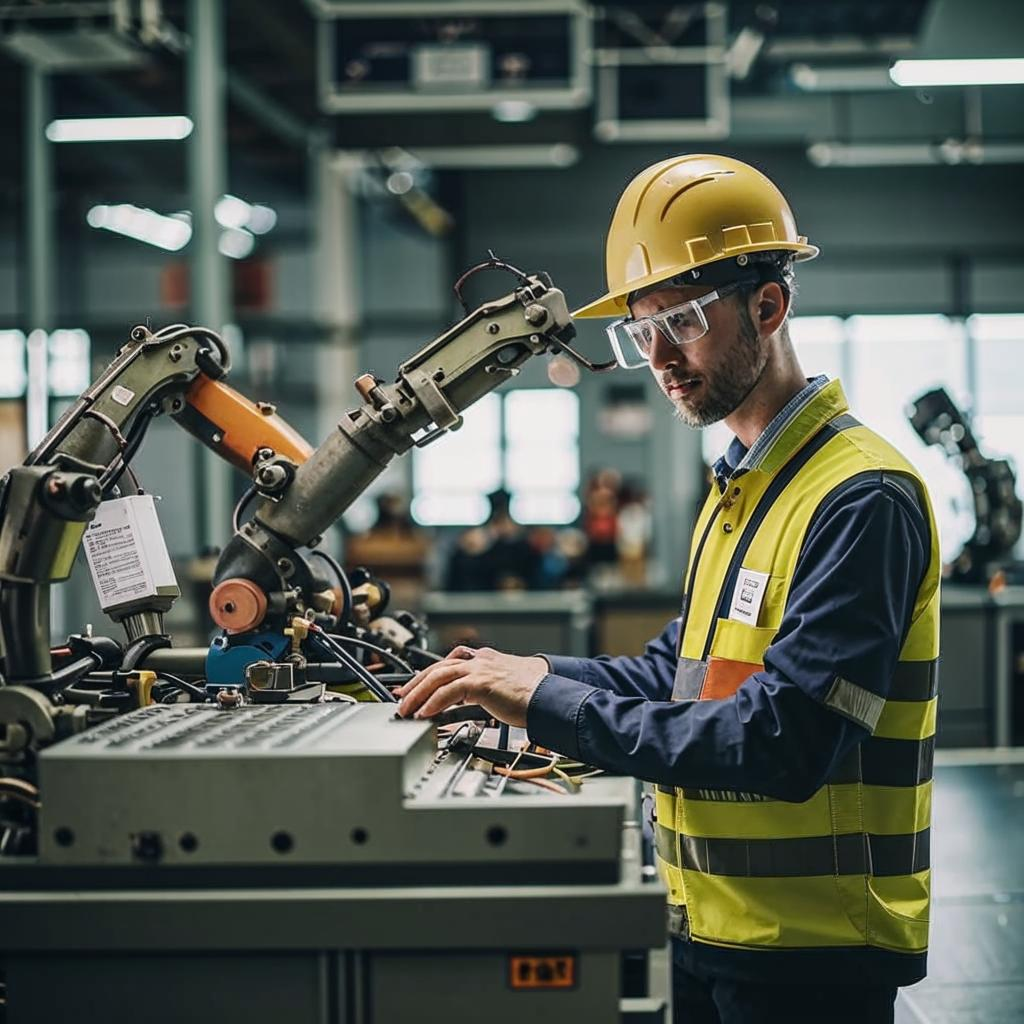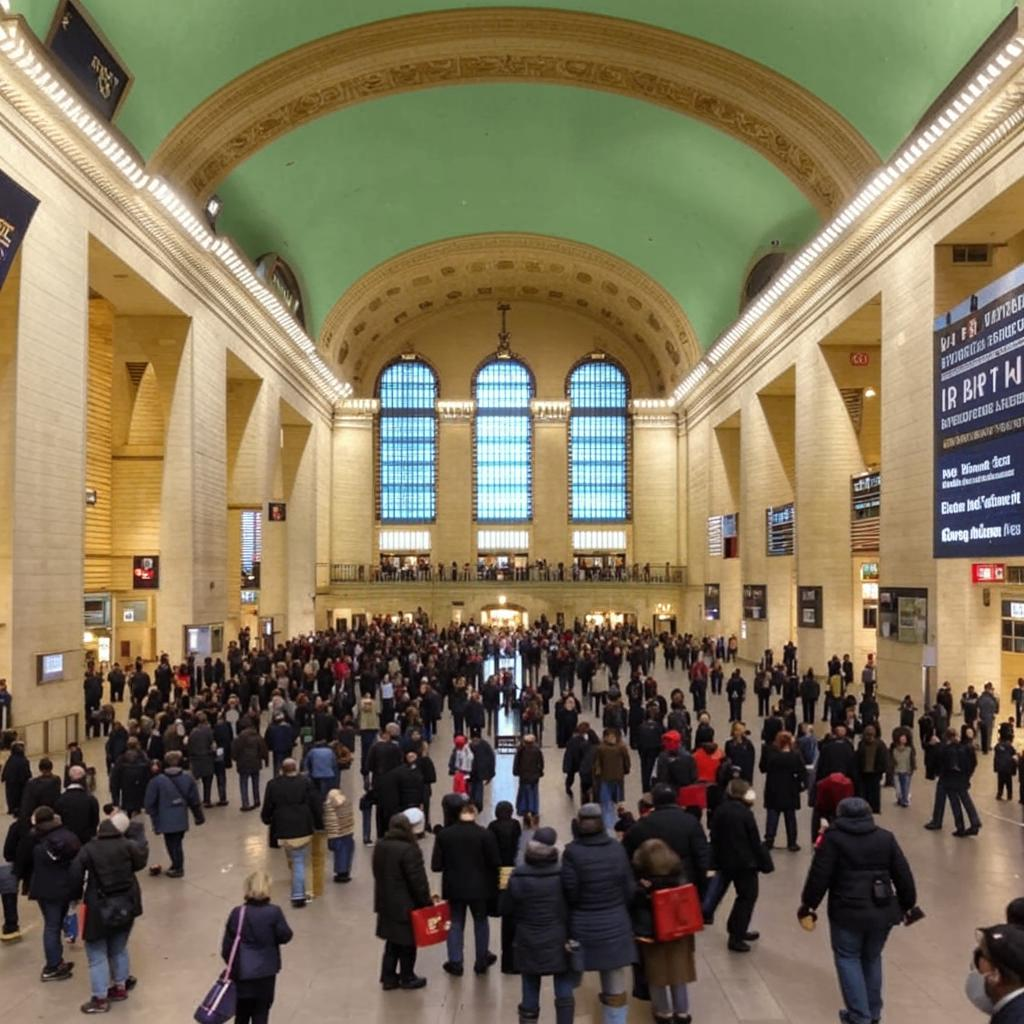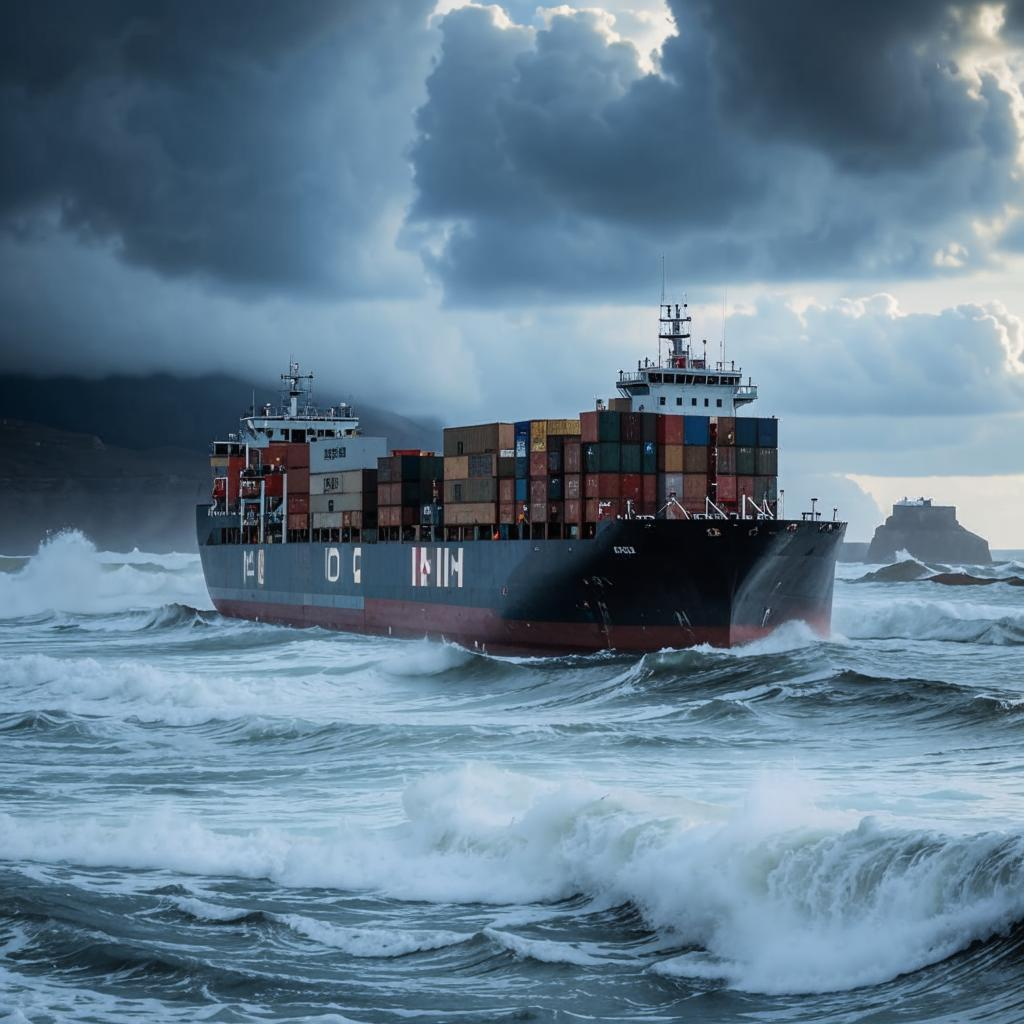Artificial intelligence (AI) is rapidly transforming the art world, sparking heated debates about its role in creativity. While some view AI as a powerful tool for artists, offering new avenues for expression and innovation, others fear it could diminish human creativity and lead to homogenization of art.
AI algorithms can now generate stunning visual art, compose music, and even write poetry. These tools offer artists the ability to experiment with new styles, create complex pieces more efficiently, and overcome technical limitations. Proponents argue that AI empowers artists, allowing them to focus on the conceptual and emotional aspects of their work.
However, concerns remain about the originality and authenticity of AI-generated art. Critics argue that AI lacks true understanding and emotional depth, relying instead on patterns and data to produce its creations. There are also worries that the widespread use of AI could lead to a decline in traditional artistic skills and a devaluation of human creativity. Copyright issues and the potential for misuse further complicate the picture.
The debate over AI’s impact on the arts is far from settled. As AI technology continues to evolve, it will undoubtedly play an increasingly prominent role in the creative process. The challenge lies in finding a balance between embracing the potential of AI and safeguarding the unique value of human artistic expression. The future of art may well depend on how artists, policymakers, and the public navigate this complex and rapidly changing landscape. Finishtit
